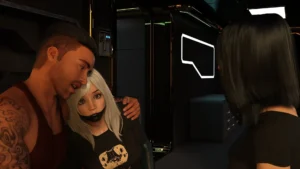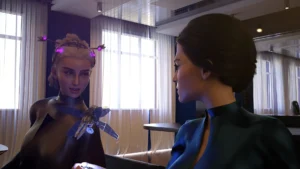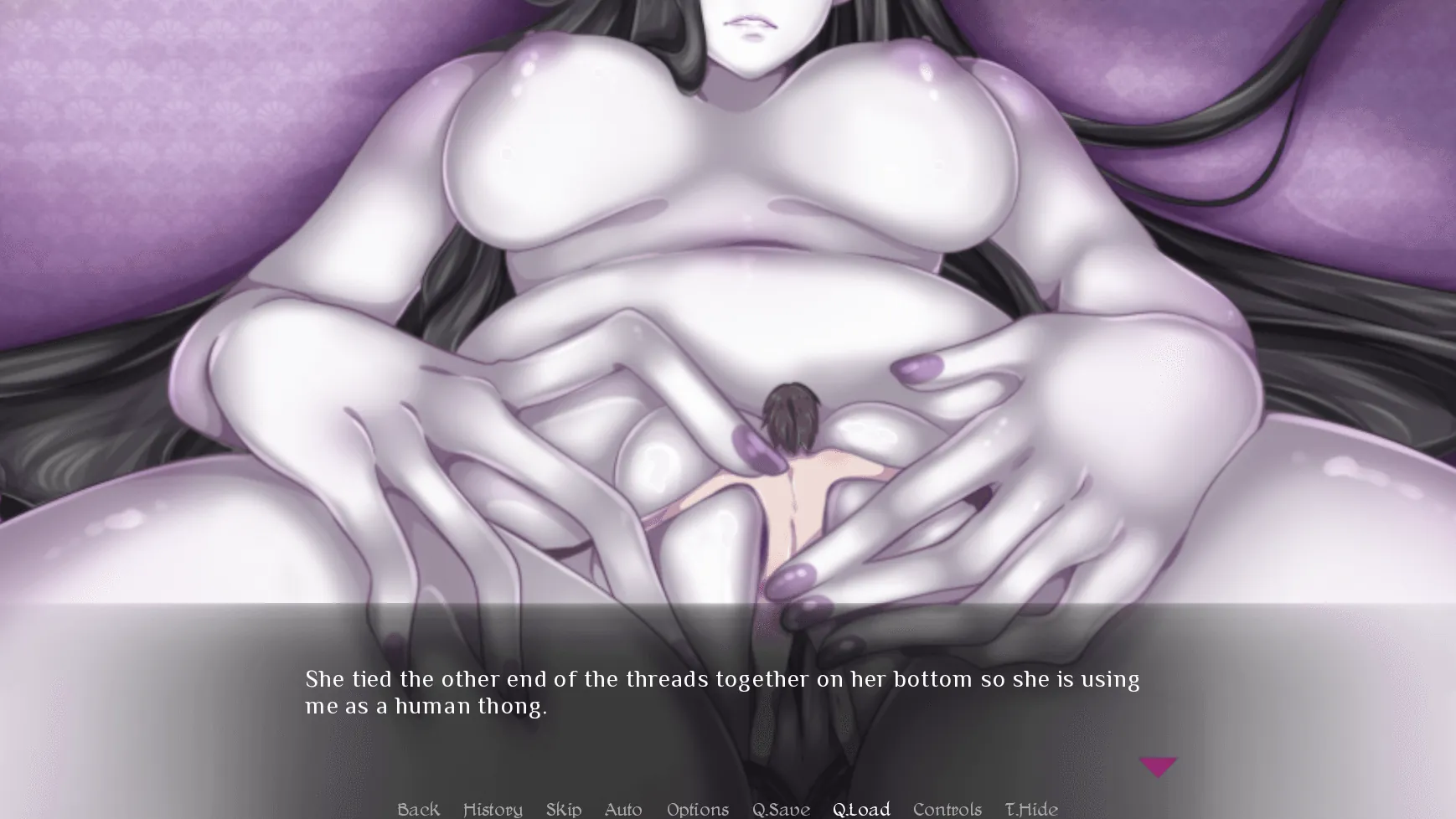
Artemis
Play Artemis
Artemis review
Uncovering the Intricacies of Artemis, a Visual Novel Experience
Artemis is a captivating visual novel that delves into themes of recovery and personal growth. Set three years after a traumatic event, players embark on a journey of self-discovery and romance. With its engaging storyline and multiple character paths, Artemis offers a rich experience for fans of adult visual novels. In this article, we’ll explore the game’s key features, player choices, and what makes it stand out in the genre.
Understanding Artemis: Gameplay and Story
Introduction to the Game World
Stepping into the world of Artemis for the first time, I felt that familiar mix of excitement and trepidation. 🚀 You know the feeling—the controller in your hand, a blank slate of a character on the screen, and a whole digital life waiting to be shaped. The Artemis visual novel doesn’t just drop you into a story; it invites you to live one. You aren’t a passive observer watching a movie; you are the protagonist, and every decision, from the seemingly trivial to the profoundly moral, ripples outwards to define your unique experience. This is what sets it apart in the realm of adult visual novel games—it’s a world that feels genuinely reactive and alive.
The premise is deceptively simple. You play as a newcomer to a vibrant, sometimes gritty city, looking for a fresh start. But Artemis is a city of secrets, and your path quickly becomes entangled with a cast of complex, beautifully rendered characters, each with their own dreams, fears, and hidden agendas. The game’s art style is stunning, with backgrounds that feel lived-in and character sprites that express a surprising depth of emotion. From the cozy, book-lined quiet of a local café to the electric, neon-drenched buzz of a late-night bar, every location is designed to pull you deeper into the narrative. This isn’t just a backdrop; it’s a character in its own right. 🌃
Navigating Player Choices and Consequences
If there’s one thing I learned the hard way in my first playthrough of this Artemis visual novel, it’s that there are no throwaway lines. 😅 I remember a seemingly innocent early interaction with a character named Liam. He was stressed about his work, and I had two options: offer a listening ear or give him some blunt, “tough love” advice. Thinking I was being helpful and direct, I chose the latter. Big mistake. That single choice created a subtle but persistent rift. Later, when I needed his help on a crucial story branch, he was distant and uncooperative. My “helpful” advice had been perceived as criticism, and it locked me out of a whole subplot involving his character.
This is the core of the game’s design: player choice consequences are not just flagged with a “Liam will remember that” message and then forgotten. They are woven into the fabric of the narrative. The game tracks your relationships, your moral compass, and even your minor preferences, creating a unique tapestry of cause and effect. Your decisions can lead to:
- Branching story paths: Major plot points can unfold in dramatically different ways.
- Altered dialogue: Characters will reference your past actions, changing how they speak to you.
- Locked (or unlocked) content: Entire scenes, character backstories, and endings can become accessible or permanently unavailable based on your choices.
Pro Tip: Save often and in multiple slots! Don’t be afraid to re-play key moments to see how a different approach can completely change your relationships and the story’s direction. 🔄
Here’s a quick look at how some early choices can have long-term effects:
| Your Choice | Immediate Reaction | Long-Term Consequence |
|---|---|---|
| Comfort a character after a failure. | They thank you and seem relieved. | Unlocks a deeper, more vulnerable conversation path later, strengthening your bond. |
| Push them to “get over it.” | They become defensive and withdrawn. | They may withhold crucial information from you in a future crisis, making a challenge harder. |
| Take the blame for a group mistake. | The group is grateful but you face a minor penalty. | Earns you a reputation for loyalty, opening up new alliance options down the line. |
| Let someone else take the fall. | You avoid immediate trouble. | Breeds resentment; a character you wronged may actively work against you in a future chapter. |
The Role of Character Relationships
In Artemis, your connections are your currency. The character relationships in games of this caliber are not just a side activity; they are the main quest. I found myself genuinely caring about these digital people, not as tools to an ending, but as individuals whose lives I was impacting. My first successful romance paths in Artemis felt earned, not just because I picked all the “flirt” options, but because I had invested time in understanding what made that character tick. ❤️
Each central character has a detailed relationship meter, but the game smartly avoids reducing your bond to a simple number. Instead, it’s reflected in the nuance of the dialogue, the openness of their body language, and the secrets they choose to share. Building a strong relationship with the fiery artist Elara, for instance, required me to support her creative freedom, even when it led to risky situations. Agreeing with her out of fear of conflict actually lowered her respect for me. She values authenticity above all else.
These relationships directly gate your progress. Want to access Elara’s personal storyline and help her with a family dilemma? You’ll need to have built a sufficient level of trust. The various romance paths in Artemis are particularly nuanced. They aren’t monolithic; you can be friends, close confidants, rivals, or lovers, and each status dramatically alters how scenes play out. The game masterfully shows how character relationships in games should function: as the dynamic, beating heart of the narrative. 💖
Ultimately, understanding Artemis is about embracing its interconnected nature. The world, your choices, and your relationships are not separate systems; they are a finely tuned engine that drives a deeply personal story. It’s a hallmark of quality adult visual novel games that it respects your intelligence and your time, offering a rich, replayable experience where you are truly the author. Every time you hit “New Game,” you’re not just restarting—you’re beginning a brand new story waiting to be told. ✨
In conclusion, Artemis offers a rich and engaging experience for fans of visual novels. By understanding the game’s mechanics, character paths, and community feedback, players can enhance their journey and look forward to future updates that promise even more depth and excitement.









































